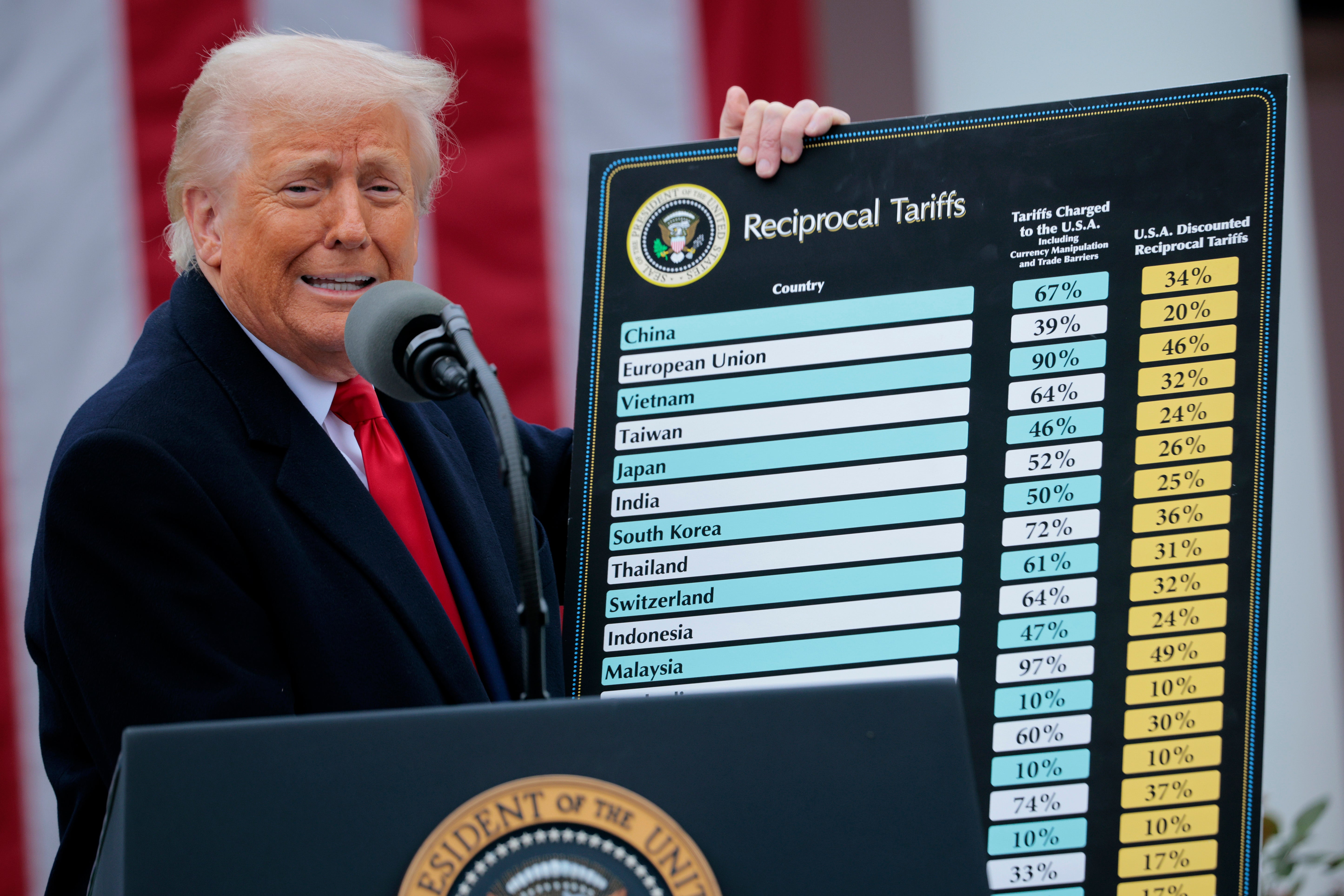Donald Trump’s global tariffs may be set to hit an unexpected group hard: cat owners.
A week after Trump’s sweeping reciprocal tariff plan went into effect on “Liberation Day” on April 2, the president abruptly announced a 90-day pause to refocus his trade war on China.
The U-turn offered reprieve to dozens of countries, including Thailand, the largest foreign supplier of pet food to the U.S., which faced a steep 36 percent tariff on its exports to the American market. In 2024, the U.S. imported 392 million kilograms of cat and dog food.
Now, the 90-day pause, which caps import taxes at 10 percent for most nations, is set to end.
If no deal is struck between Bangkok and Washington by the July 9 deadline and tariffs return to the 36 percent rate announced in April, pet food prices could rise on American shelves, leaving animal owners to shoulder the cost.

In that scenario, Thai pet food producers have warned they may be forced to suspend shipments to the U.S. market.
“We need to pause shipping to the U.S. unless something changes,” Chatchai Lertviwatkul of S.I.P. Siam Inter Pacific told The New York Times. “Our customers can’t increase the prices that much at retail.”
While Trump has shown no signs of having made progress toward his goal of making 90 trade deals in 90 days, Thai officials appeared hopeful that they could negotiate a reduction before the moratorium expires.
Thailand’s commerce minister Pichai Naripthaphan said earlier this month that trade talks with the U.S. are making good progress, adding he expects “a 10 percent tariff” for the nation.

Even the 10 percent baseline tariff imposed by Trump almost three months ago has proved challenging for Thai pet food exporters.
Lertviwatkul said that any significantly higher rate would force the company to shift its focus to customers in Asia.
Meanwhile, Lertviwatkul said that pet food producers feel powerless while they await a resolution between the two nations.
“We need to see how the Thai government will negotiate,” he said. “There’s nothing much we can do.”
Tanut Totup, CEO of Bluefalo Petcare, told The Times that despite the looming tariffs on Thai goods, the steep levies imposed on Chinese imports have allowed his company to benefit from the trade war.
The 54-year-old said that Trump’s tariff threats accelerated plans to export products to the U.S.
“The thing is that we couldn’t compete with China, but now we can,” he said. “As long as Thailand’s tariff is lower than China’s, we’re okay.”



